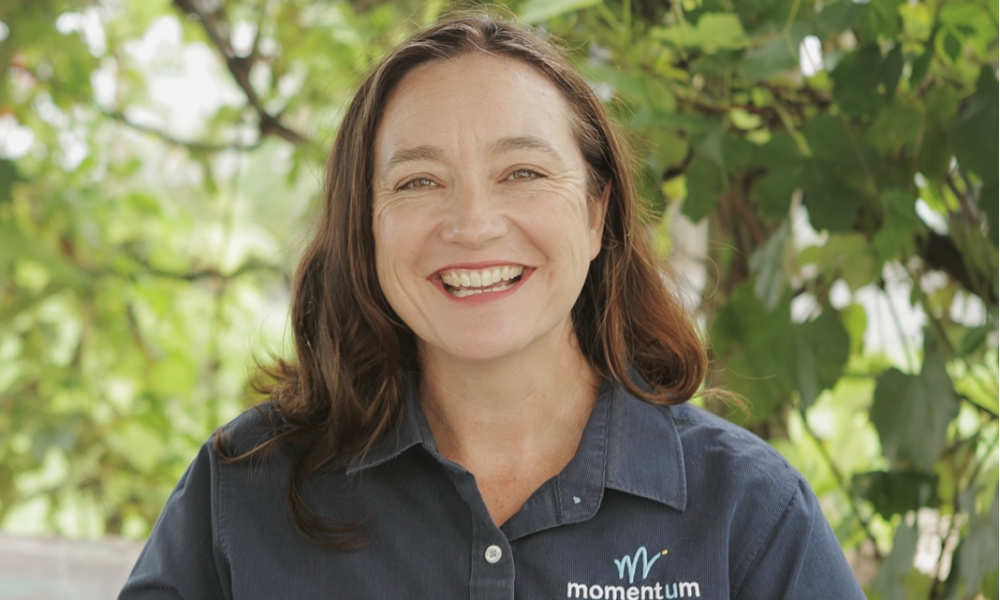
2 Australian employers share tips, best practices for success

The four-day working week is being incorporated in Australia after a global trial in 2022 revealed sustained success, with 97% of employees keen for it to continue.
The report, Assessing global trials of reduced work time with no reduction in pay, authored by Boston College, University College Dublin and Cambridge University, revealed overall satisfaction from the companies involved.
Two-thirds of the companies surveyed are continuing the trial, with businesses giving it a 90% positive rating. Organisations also reported a productivity score of 77%.
The worldwide concept was trialled last year around the globe with great success and now businesses in Australia are embracing it with open arms.
“We started the six-month worldwide trial last year for a four-day working week and have decided to continue on for another six months so we could compile a full year’s worth of data,” Debbie Bailey, chief executive officer of Momentum Mental Health, said.
“What we quickly learned is that you must put the work upfront to make it work. You can’t just decide to start it, you need to prepare your staff — working hours, working days, client rosters — and ensure you have systems in place so you can measure productivity objectively.”
Momentum Mental Health has 14 staff and had to ensure that their mental health and wellbeing programs would be properly serviced. Staff were asked to nominate their preferred day off, as well as a back-up day in case that day wasn’t available, and timetables were scheduled around that.
They also took full advantage of all the training and mentoring available on the 4dayweek.com website to help them understand how to maximise the opportunity.
“In the first six months, productivity increased by 11% and our client hours of service by 20%,” Bailey said. “This was achieved by having very structured days and eliminating unnecessary meetings. Our sick leave was also reduced by 30% and our NPS went from 30 to 78.
Staff are now saying that it would take a very big offer for them to leave so it is promoting staff loyalty, she said.
“We label the extra day off as a ‘gift day’ so staff know it is special. Receiving an extra 38 days a year in holidays is a ‘gift’.”
The report also revealed that when companies compared revenue from the previous six months, it was up 37.5%. Most employees (90%) also managed to ensure that they worked only in accordance with their new allocated hours.
Interestingly, one-third of employees said that they would take a five-day job with a pay increase of up to 25%, while 42% said the pay rise would need to be between 26-50%. Another 13% said no amount of money would induce them to accept a five-day schedule.
“I would recommend it to other companies,” Bailey said. “Staff seem a lot happier, more productive and more focused when they come into work. We are meeting all our monthly targets.”
Not surprisingly, a recent Labor-Greens Senate inquiry is backing the trial of a four-day working week to fit in with the demands of the 21st century. The report recommended the Commonwealth Government request the Fair Work Commission review the operation of a 38-hour working week.
But some Australian companies are ahead of the politician’s wishes.
“We have just moved to a four-day working week and the change has been extraordinarily positive for our workplace,” Ed Ross, co-founder of TradeMutt, said. “We have been achieving 100% of the results by working 80% of the time and our employees receive 100% of their pay.
Since moving to a four-day week, the company has witnessed a significant improvement in morale, he said.
“Team morale was always high and now it is even higher. We are achieving increased efficiencies and productivity across the workplace. As people, we now have more time to get life administration done on Fridays and spend more time with family and doing hobbies. We are experiencing less stress and burnout and enjoying life much more overall. We are turning up to work much happier and less stressed.”
Like Momentum Mental Health, TradeMutt spent a lot of time preparing for the changeover to a four-day week to ensure it ran smoothly.
“Moving from a five-day week to a four-day week required a lot of planning and organising, as we had to change processes and procedures; however, now that we have done this, there is little to no downside,” Daniel Allen, co-founder, said.
“The process has been very positive and helped us to explore ways we could do things better and achieve better outcomes for our stakeholders too.”
Working four days a week is a much better system for their workplace, he said.
“Productivity has been affected in a positive way. We have reprogrammed how we do things to ensure we are able to do things more efficiently. Staff have focused on cutting down on needless meetings and calls to ensure we are maximising our time and outcomes in a shorter period of time. We ensure every meeting has an agenda and we keep to time.”